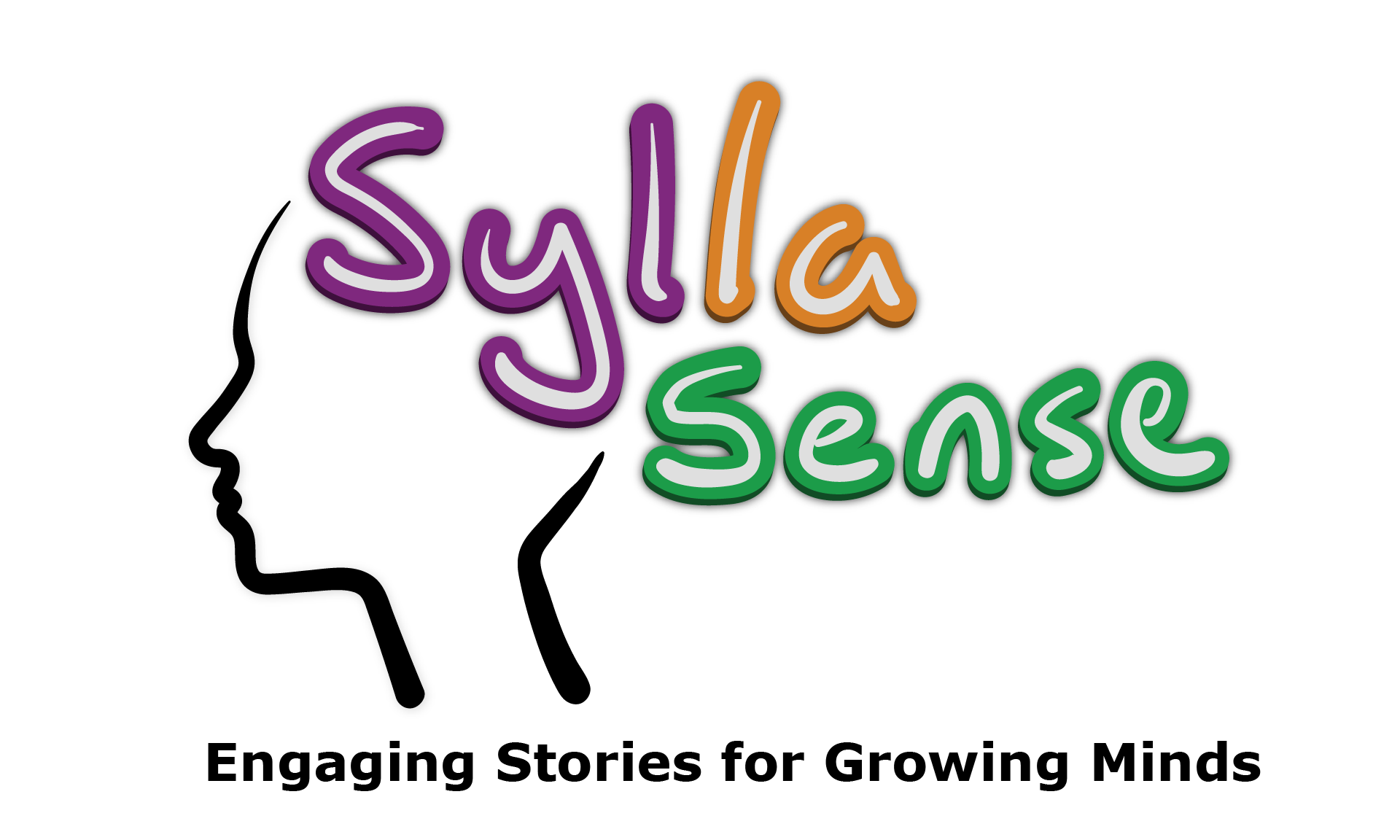Fish - Tip Sheet

- IT IS ESSENTIAL TO PRE-TEACH THE CONCEPTS INTRODUCED IN EACH BOOK PRIOR TO READING! -
|
Fish - Teacher Tip Sheet Purple Series - Book 10 - Fish |
||||||||||||||||
|
Grapheme/Phoneme Correspondence |
Tips and Activities to Try |
|||||||||||||||
|
Introduced in This Book
Previously Introduced Vowels
Consonants
Digraphs/Trigraphs
Additional Concepts
|
Key Concepts to Understand
Words and Phrases for Reading Here is a list of words that can be used for phonemic awareness activities, reading, games cards, etc. These words demonstrate <y >representing /ī/, but include some other complex spelling conventions, so they are best used for reading only.
|
|||||||||||||||
|
Morphology |
Tips and Activities to Try |
|||||||||||||||
|
Introduced in This Book
Previously Introduced
|
Key Concepts to Understand (Prefix <re->)
Note: prefixes can have more than one “sense” so ensure that you avoid absolute language such as, “<re->means again.”
Activity To Try
Students are responsible for repeating the base and adding the suffix <re->, NOT independently decoding the base. Therefore, words with vowel teams that have not yet been taught can be used in this activity. The goal is to understand prefix <re->as a meaningful unit, not as something to sound out.
Suggested bases:
Here are phrases that can be used for reading and/or dictation practice. These phrases can be combined to create sentences. A good opportunity arises to address syntax if the resulting sentence is not grammatically correct.
You can differentiate for your students by dropping some of the words in these phases (e.g., “by the fluffy, mossy water” can just be “by the water”).
Key Concepts to Understand (Bound Bases)
Refer to Pages 2 and 9 in Morphology Background Information Sheets for information on bound bases and activity ideas |
|||||||||||||||
|
High Frequency Words |
Tips and Activities to Try |
|||||||||||||||
|
|
|||||||||||||||
|
Comprehension Corner - Fish |
||||||||||||||||
|
Vocabulary Development
Making Connections
Inferencing
Retelling/Summarizing
|
||||||||||||||||
Tip Sheet written by Shari Kudsia and Helen Maclean - April 2023 - © SyllaSense Inc.
